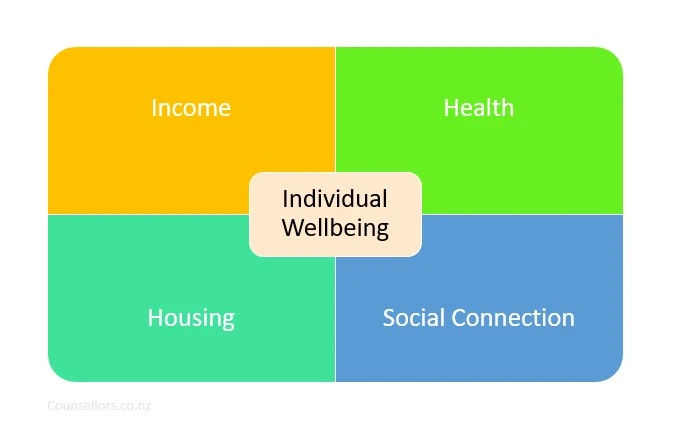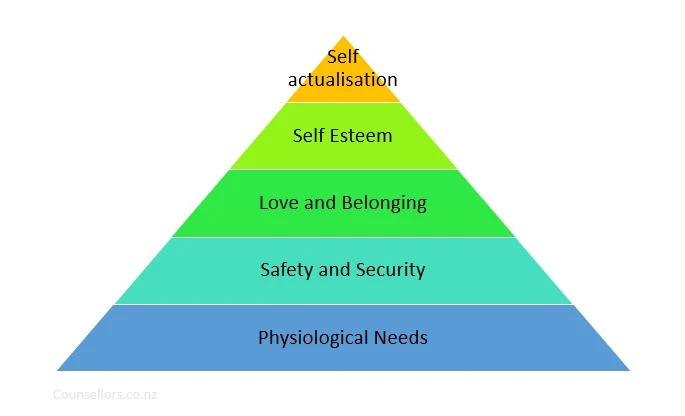Loneliness the growing epidemic – Discover 10 Strategies to Curb Loneliness.
Loneliness can happen to any of us from time to time. Whether it is a new relationship or new job, or getting older, there will be times when life challenges make it a bit more difficult to navigate. Below are 10 strategies to curb loneliness:
1. Find like-minded people. Finding something you are interested in can help you meet more people with the same interests as you. If finance is limited, social clubs are free or offer free trials.
2. Fortify family connection – Make time to connect with family or friends you have not seen for a long time. Gathering with dinner or games is an excellent way to build and strengthen family connections.
3. Practice small talk– Interacting with people you meet in the grocery store and coffee shops helps you gain social skills. Offering a smile and having a lightweight interaction can brighten their day and your own.
4. Get active– Exercising is an excellent way to practice self-care and helps the brain produce those happy hormones. Try 10 mins a day of walking or on an exercise device.
5. Spend time with yourself – Take a break from social media or online platforms. Go for a solitary walk in the gardens or enjoy a meal out by yourself. Sometimes there is value in doing things solo. You can discover new things by taking the time to observe or learn without distraction from other people.
6. Sit with your emotion of loneliness. – Allow yourself the time to experience the feelings flowing through you, no matter how unpleasant they are. Putting them down on paper or drawings can be a good outlet and draw out your creativity.
7. Connect with pets – If you are an animal lover, engage with them. They are warm and fuzzy. They do not question your intentions; all they offer is the company when you need it.
8. Embrace kindness and gratitude. – Be kind to yourself. Practice self-compassion and list the things you appreciate in life. Either about yourself or others in your life.
9. Volunteering – Helping out others can help enrich your life. Look through volunteer directories or check out the local charity stores or SPCA to see where you can help out.
10. Seek professional help – When you do not know why you feel lonely, seek some professional help, such as talk therapy. Therapy can help you decode unhelpful thoughts and learn new strategies to help you cope with distress. With online counselling being more accessible these days, all you need to do is reach out first.
Why is loneliness such a big issue?
Loneliness is a growing epidemic in New Zealand. While it is an emotional state, it is closely associated with poor well-being. According to a recent NZ Survey in 2021, people aged between 15-24 have reported being lonely in the last four weeks, followed by those aged 75 and upwards.
Statistically, our life satisfaction is determined based on the following needs:
· Income- Ability to earn enough money to cover everyday expenses and have enough to set aside for savings.
· Health – Having good health to function and connect with others daily.
· Housing – Has a house or flat to live in that is comfortable, secure and dry.
· Social Connections – Has a vast network of connections and has not felt lonely in the last four weeks.

When any of these needs are in deficit, it can result in a decline in life satisfaction. Some key drivers can heavily
affect our overall well-being, such as:
· Poverty and unemployment.
· Fragmentation of family- either due to family violence or a difficult separation can cause individual traumas.
· Disability -People with physical or mental impairments face accessibility and health support issues. Children bullied because of their disability can feel more socially isolated, which increases the likelihood of loneliness.
· Sudden life-altering events – Loss of a loved one, relationship breakup, migration to a foreign location and job change can create sudden feelings of loss and emptiness due to the loss of connections.
· Poor social connections – Troubles at work or living in a hostile community can make individuals feel less significant and inclusive.
· Living in remote or rural locations – It has its downsides and is far away from arterial services such as supermarkets, health services, and local bus routes. It will mean more travel costs and time to connect with others, coordinate health
check visits and get food. Individuals that cannot afford it may choose to stay at home. This type of isolation often affects the elderly living in rural settings.
What are the signs of loneliness?
Loneliness is often triggered when physiological or emotional needs go unfulfilled. Being lonely is often misconstrued as the same as choosing to live alone. Solitude is a voluntary, conscious choice, but loneliness is not. It is an involuntary choice
made by those who crave to be seen and heard but cannot do so due to their lack of confidence in a social setting. It is an emotional state when a person feels unseen and insignificant.
Lonely people often have high anxiety and find it difficult to leave home or engage in social activities. They would prefer to keep it quiet than admit that they are vulnerable for fear of showing weakness.
There are usually signs that are noticeable when loneliness is looming, such as:
· Low self-esteem and always second-guessing your decisions.
· Constantly rating yourself more down than others.
· Gives up quickly instead of trying to resolve conflict or when attempting to initiate conversations.
· Heightened emotional state – Sadness and tears happen more often, sometimes without reason.
· Struggling to feel at ease in a social setting.
· Noticing more signs of general physical unwellness.
· Eating or sleeping more often as a means of comfort.
· Disruption of sleep pattern.
· Limited to transactional communication only- Only speak when spoken to by others.
· Constantly on the lookout for new connections.
· You prefer online connections to in-person connections.
· Increased alcohol consumption or seeking out drugs to find comfort.
· Lack of tolerance of others- Easily frustrated when interacting with other people.
According to Abraham Maslow, 1943, man is a perpetually wanting animal. A new need can arise when basic physiological and security requirements get fulfilled. Below is the concept model by Abraham depicting the Five Hierarchy of Needs.

We all have needs. It is vital to have some understanding as to what each of those needs depicts.
1. Basic needs.
-Physiological needs; food, shelter, water and warmth.
-Safety needs; the ability to feel secure and safe at all times.
2. Psychological needs.
-Belonging and love needs; intimate relationships, having friends and an
overall sense of connections.
-Esteem needs; accomplishments, self-confidence and respect from others.
3. Self-fulfilment needs.
-Self-actualization; morality, acceptance, living with a purpose and
creativity.
While a new need or desire may arise once we have the basic needs covered, Abraham clarified in his later journal in 1987 that unique desires or wants can occur while we fulfil basic requirements. The self-actualization journey is none structured. While
we are all capable of growth, we all have different life experiences that can stall or fast-track our personal journey to self actualization.
Health impacts of loneliness
When we ignore feelings of being lonely, it can lead to more significant issues such
as:
· Cardiovascular disease or stroke.
· Depression
· A decrease in memory and learning.
· Poor decision-making.
· Anti-social behaviours.
· Alcohol and drug misuse.
· Higher risk of Alzheimer’s Disease and dementia.
How do I prevent loneliness?

Loneliness is not always apparent. If you feel lonely sometimes, it is worthwhile to pause and reflect on your present experiences. You can start by asking yourself the
questions below:
· Why am I feeling so down?
· What is making me feel so alone?
· Is it important for me to feel this way?
· How can I cheer myself up?
· What can I do or think differently?
Revisit the strategies at the start of this article for ways to feel more motivated and engaged with yourself and others. Your wants and needs are all intertwined and equally important.
